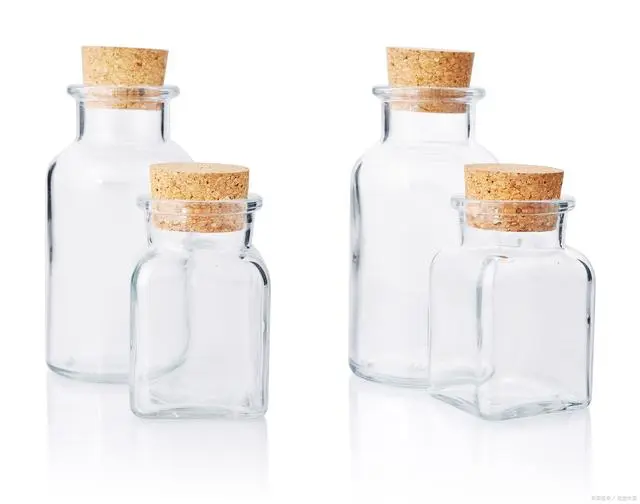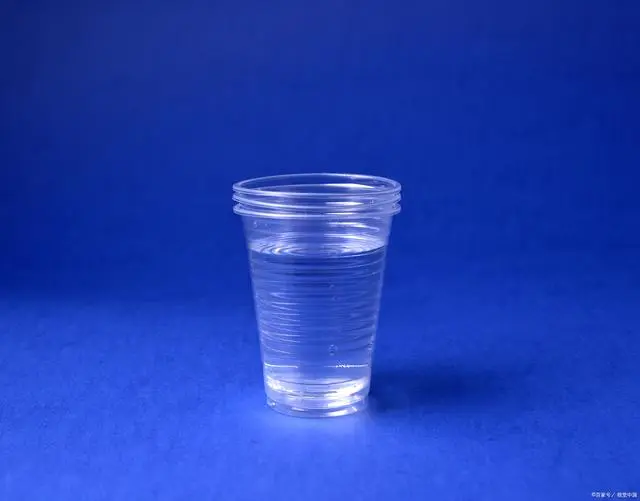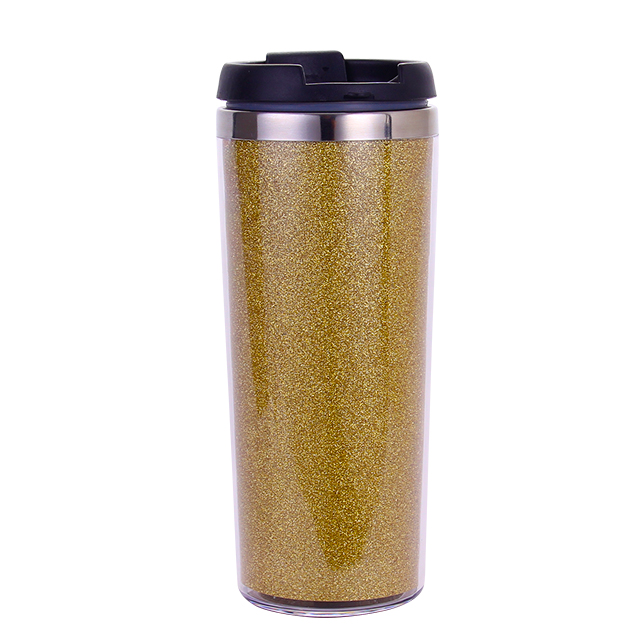With growing concerns about health and environmental protection, people are beginning to re-examine their lifestyles and habits, including their choice of drinking containers. In the past, glass bottles were considered a healthy and sustainable drinking option, while plastic cups were viewed with suspicion.
However, the latest research has revealed an unexpected finding: drinking from glass bottles may be more harmful to human health than using plastic cups. This finding will be explored in depth and the reasons behind it will be discussed.
Health Effects of Glass Bottles and Plastic Cups
Health Concerns of Glass Bottles: Research shows that water in glass bottles can be affected by a variety of contaminants, including heavy metals. These contaminants may leach into the water and adversely affect human health.
Plastic Cup Controversy: Although plastic cups have environmental issues, most modern plastic containers are made of food-grade polyethylene to reduce water pollution. However, some chemicals in plastic cups may be released under certain conditions, causing health concerns.
Potential hazards of glass bottles and plastic cups
Heavy metal contamination of glass bottles: Some glass bottles may contain heavy metals such as lead or cadmium, which can leach into the water. Long-term exposure to these heavy metals can lead to poisoning and other health problems. Risk of glass fragments: When using glass bottles, there is a risk of breakage, which, if broken, may result in cuts or other injuries.
Release of chemicals from plastic cups: Chemicals in some plastic cups, such as bisphenol A (BPA), may be released into liquids under certain conditions. BPA is considered an endocrine disruptor and may have a negative impact on the body’s hormonal system.
Microplastic Particles: Some plastic cups may release microplastic particles that can enter the body and cause health problems. While research is still ongoing, this is an area of great concern.
How to choose healthier drinking water containers
Choose food-grade plastic: If you choose to use plastic cups, make sure they are made of food-grade polyethylene. These materials reduce pollution to water quality to a certain extent. Replace glass bottles regularly: If you use glass bottles, check them regularly for cracks or breaks and replace them regularly to reduce the risk of breakage.
Avoid high temperature and UV exposure: High temperature and UV radiation may cause the release of chemicals in plastic cups, so avoid leaving plastic cups in hot environments or sunlight for long periods of time.
Conclusion: Drinking from glass bottles may be more harmful to human health than using plastic cups, but both have potential problems. In order to choose a healthier drinking container, individuals should carefully choose food-grade plastic cups, check and replace glass bottles regularly, and avoid exposing plastic cups to high temperatures and ultraviolet light.
Post time: Nov-21-2023


